

Tao Te Ching
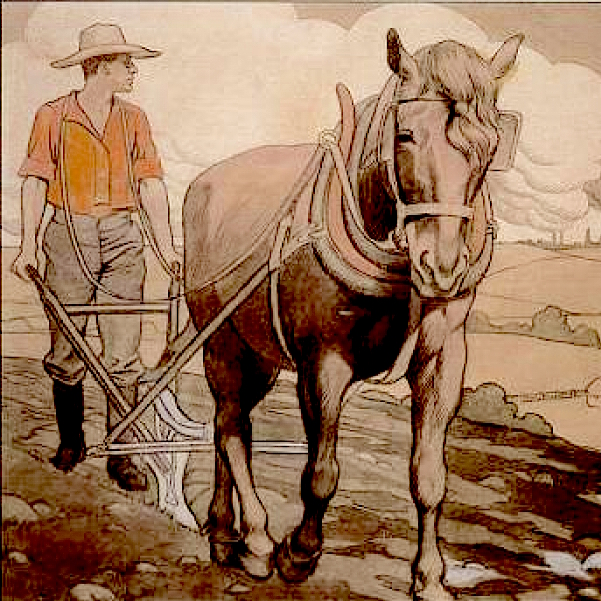
Equanimity
A poor farmer loses his only horse and his neighbors say, “Oh, how terrible!” The farmer only says, “We’ll see.”
The horse brings back seven wild horses and the neighbors say, “Oh, how wonderful!” The farmer only says, “We’ll see.”
The farmer’s son breaks his leg trying to train one of the horses and the neighbors and the farmer say the same things.
As they do the next day after soldiers come and take all the young men but not the son because of his broken leg.
This story repeats itself in different ways many times every day for the farmer, for the neighbors, and for all of us.
Quotes (77)
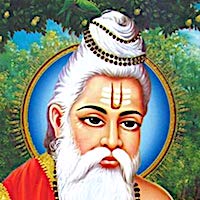
“Learn to look with an equal eye upon all beings, seeing the one Self in all.”
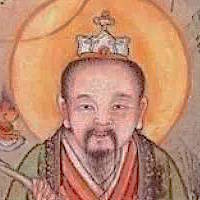
“Regard all things of the world as equal, understand that life and death are cyclical and ultimately the same.”
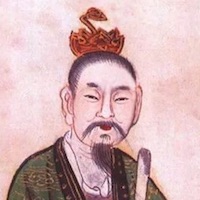
“when sages govern people, they see to it that people suit their individual natures, are secure in their homes, live where they are comfortable, work at what they can do, and give their best. In this way all people are equal, with no way to overshadow each other.”

“For men to get all they wish is not the better thing; it is disease that makes health pleasant; evil, good; hunger, surfeit; toil rest”

“Opposites cooperate. The most beautiful harmonies come from opposition.”
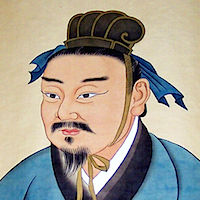 “Maintain perfect balance in each and every set of circumstances and thus keep to steadfast principle at all times.”
“Maintain perfect balance in each and every set of circumstances and thus keep to steadfast principle at all times.” 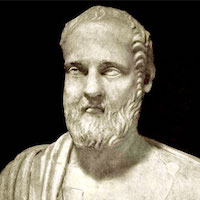
“Whom, then, do I call educated?... those who hold their pleasures always under control and are not unduly overcome by their misfortunes”
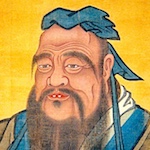
“The wise—having realized the Tao—draw deeply upon it and find its source wherever they turn.”
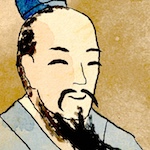
“If we are content with whatever happens and follow the flow, joy and sorrow cannot affect us. This is what the ancients called freedom from bondage.”

“What he saw as One was One, and what he saw as not One was also One... better to forget both and lose oneself in the Tao.”
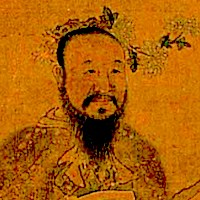
“The gates of Heaven are open wide; off I ride born on a dark cloud... one Yin for every Yang.”

“All men are my children. What I desire for my own children—and I desire their welfare and happiness both in this world and the next—that I desire for all men.”

“sages alone do not leave their sacred ground… They do not plan ahead yet do not abandon opportunity… They do not seek to gain yet do not reject misfortune.”

“Sages do not let their desires disturb harmony… when they are happy, they do not rejoice too much, and when they are sad, they do not grieve too much.”
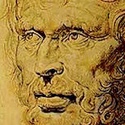
“Piety lies not in praying or prostrating to images, in going to temples, or in rituals, beliefs, and practices. It lies in looking upon all things with equanimity and peace.”

“Pale Death knocks with impartial foot at poor men's hovels and kings' palaces.”

“Show me a man who—though sick, is happy; who—though in danger, is happy and I'll show you a Stoic.”
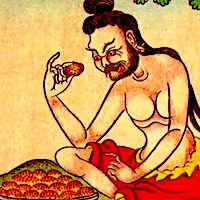
“In ignorance, different flavors are distinct; in realization, all flavors are essential one.”

“When all inner and outer phenomena are perceived as mind, all things have the same flavor.”
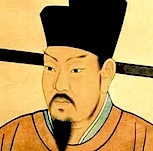
“To perceive shortening in lengthening, weakening in strengthening, toppling in raising, taking in giving, how could anyone do this if not through the deepest insight? This is the hidden light.”
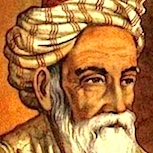
“Ah, with the Grape my fading Life provide,
And bury me by some sweet Gardenside.”

“As I look back on my life, I realize that every time I thought I was being rejected from something good; I was actually being redirected to something better.”

“The water is clear right down to the bottom, fish lazily swim on. The sky is vast without end, birds fly far into the distance.”
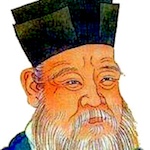 “There is no fixed shape to the preservation of perfect balance; it depends on the circumstances of the moment.”
“There is no fixed shape to the preservation of perfect balance; it depends on the circumstances of the moment.” 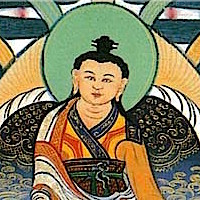
“Through kindness you become loveable, through compassion a benefit to others, through joy distinguished, and through equanimity untroubled.”

“Love may turn into an inordinate clinging to the love object, compassion can turn into sentimentality and a feeling of helplessness, joy can turn into a feeling of elation and over-excitement that gets lost in unrealistic goals, but equanimity brings us back to solid ground. It’s still vulnerable to apathy but this is countered by love completing the cycle.”

“intelligence… lets the first impulse pass by and waits for the second, or even the third.”
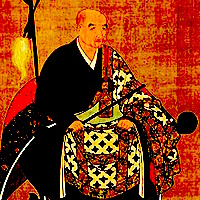
“Live always with the mind of total nothingness, and the evils that come to you will dissipate completely.”

“No matter how thin you slice it, there will always be two sides.”
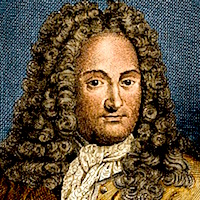
“Each simple substance is a perpetual, living mirror of the universe and this interconnection of all created things to each other brings it about that each simple substance has relations that express all the others.”

“A few years' experience will convince us that those things which at the time they happened we regarded as our greatest misfortunes have proved our greatest blessings.”

“He who binds to himself a joy
Does the winged life destroy;
But he who kisses joy as it flies by
Will live in eternity's sunrise.”
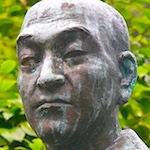
“I’ve never bothered about getting ahead… What use is there in fame and fortune? In my hut, I listen to the evening rain and stretch my legs without a care in the world.”

“Because you have realized that everything has one taste in being empty, the delusion of fixating on enemy and friend collapses and there is no thought of dualistic fixation on self and other.”
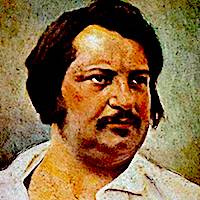
“Misfortune is a stepping stone for genius, the baptismal font of Christians, treasure for the skillful man, an abyss for the feeble.”
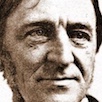
“Though thou loved her as thyself, as a self of purer clay,
Though her parting dims the day, stealing grace from all alive;
Heartily know, when half-god go, the gods arrive.”
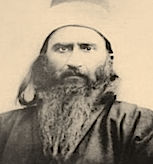
“Truths for a new day: Equality between men and women. Prejudice of all kinds must be forgotten. Universal Peace.”

“Do not be afraid of your difficulties. Do not wish you could be in other circumstances than you are. For when you have made the best of an adversity, it becomes the stepping stone to a splendid opportunity”

“Quiet minds cannot be perplexed or frightened but go on in fortune or misfortune at their own private pace, like a clock during a thunderstorm.”
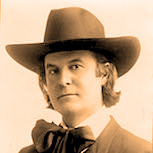
“Get rid of your regrets. You are what you are because of what you've experienced. And rightly understood and accepted, all experiences are good, bitter ones best of all.”
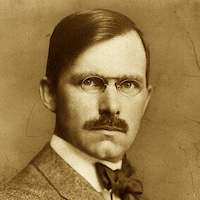
“How can we know whether a thing is evil until we reach the end of it? It may be good!”

“If you don't cling, whatever arises is naturally freed. Simply remain in the great equal taste without rejecting or accepting.”

“Few people are capable of expressing with equanimity opinions that differ from the prejudices of their social environment. Most people are even incapable of forming such opinions.”
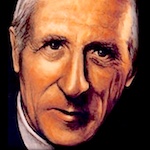
“Time is your boat not your home.
God is not remote from us. He is at the point of my pen, my (pick) shovel, my paint brush, my (sewing) needle - and my heart and thoughts.”

“Reason alone confines; passion unattended burns to destruction… rest in reason and move in passion.”

“Dualism... Without it there can hardly be good literature. With it, there most certainly can be no good life.”
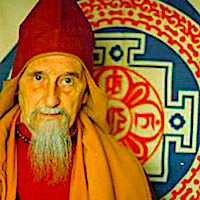
“if time did not intervene, the polar forces facing each other on the same axis would balance each other so completely that all movement, and with it all development or change, would cease.”
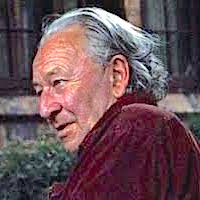
“For all objects and experiences there is a quantity that has an optimum value. Above that quantity, the variable becomes toxic. To fall below that value is to be deprived.”

“Yamantaka combines in himself the animal, the demon, and the god, the primordial powers of life in its aspects of creation and destruction and the faculty of knowledge which ripens into liberating wisdom.”

“‘We have nothing on which to dine, Splendid, we shall have more time to sit outside and enjoy the moonlight, with music provided by the wind in the pines.”

“the I Ching teaches us how nature's currents flow and makes it easier for us to fit into them—their main function helping us see into nature's ways with a view to bending ourselves to suit those ways instead of trying to conquer nature and win power over it.. almost every kua [trigram or hexagram] tells us one of 4 things: When a situation is favorable, we go forward swiftly and joyfully. When it is not favorable, we know how to go slowly cautiously, or else to halt, or go back.”

“My wife loves me; ‘O what joys behind hibiscus curtains!’ My wife has left me; how peaceful it is now. Old Wang has a delicious concubine I have a charming blue-eyed cat.”
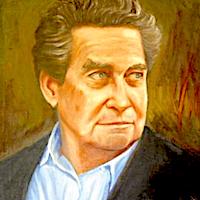
“Wisdom lies neither in fixity nor in change, but in the dialectic between the two.”

“…the endlessness of all that is, and the limitation of mortal bodily life, are the same, and their sameness is the key to the door.”

“Don’t complain of terrible circumstances… they are the sources of celebrated trophies.”
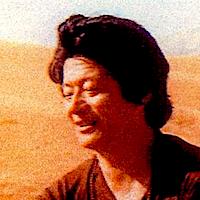
“Enlightened mind reflects all the five wisdoms in equanimity. But... because of our obscured ordinary mind, our ego makes categories out of equanimity. With ego and categories come substance, with the birth of substance comes its death, and with death comes suffering.”
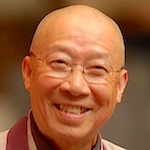
“It was like a water experience in the sense that when you go to meet someone, if you can still the water, the reflection appears.”
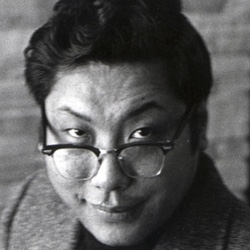
“Good and bad, happy and sad, all thoughts vanish into emptiness like the imprint of a bird in the sky”

“Equanimity, not fabricated by anyone, is a unified circle, not confused anywhere.”

“You begin to experience the simplicity of awareness,so although the sensorial hallucinations might continue, they don’t mean anything to you. There is a quality of one flavor, or one taste.”
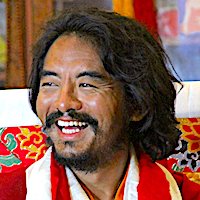
“When the affliction of negative emotions is blazing like fire, then wisdom is also blazing like fire.”

“what we cultivate first is equanimity... developing our ability to feel the same sense of closeness and affection toward people we find annoying and people we do not know as we do toward our loved ones.”

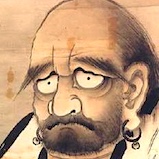
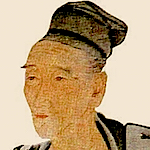


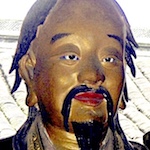
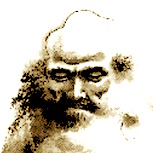



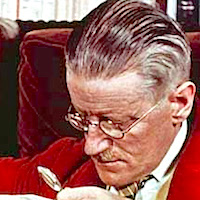
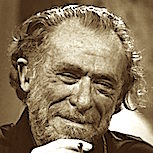
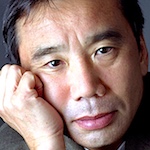
Comments (0)